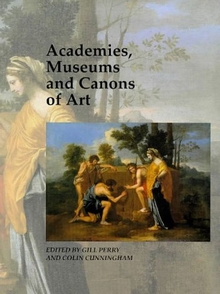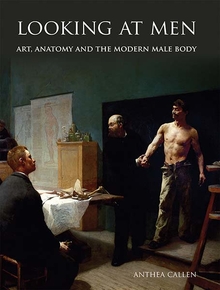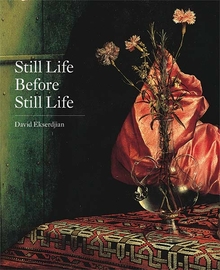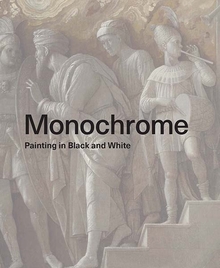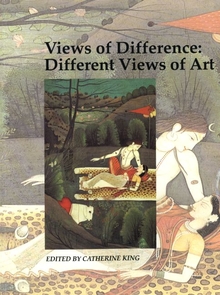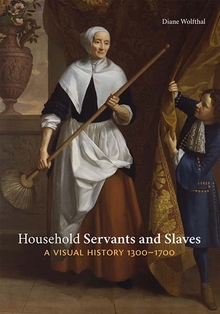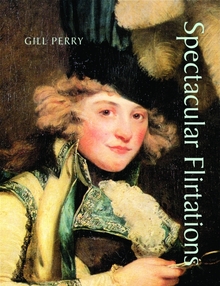Academies, Museums and Canons of Art
WARNING
You are viewing an older version of the Yalebooks website. Please visit out new website with more updated information and a better user experience: https://www.yalebooks.com
Edited by Gill Perry and Colin Cunningham
This lavishly illustrated book examines the variety of ways in which works of art have achieved a position in the so-called canon of Western art. Focusing mainly on art and institutions in Britain and France from the seventeenth to the nineteenth centuries, the book explores the construction and evolution of canonical values. The authors provide a series of detailed case studies—including Poussin`s The Arcadian Shepherds, the Parthenon marbles, the Albert Memorial frieze, and others—to enable readers to practice using the vocabularies and analytical skills of art history.
The book begins with a consideration of the nature of the modern discipline of art history and the nature of a canonical work. It explores the importance of the classical tradition in the development of the Western canon of art and introduces some of the aesthetic and cultural issues that underpin historical and contemporary valuations of the classical past. In a discussion of the French Royal Academy of Painting and Sculpture and the British Royal Academy of Art, the book looks closely at the roles of the two influential academies in establishing taste and canonical status for the world of "approved" artists. The book`s final section, an investigation of the ways canonical forms of art were presented, displayed, and consumed in eighteenth- and nineteenth-century Britain, shows how various issues helped shape major collections in important galleries and how the galleries in turn influenced the presentation and maintenance of the canon.
This is the first of six volumes in the series Art and Its Histories, created to accompany the Open University undergraduate course of the same title.
The book begins with a consideration of the nature of the modern discipline of art history and the nature of a canonical work. It explores the importance of the classical tradition in the development of the Western canon of art and introduces some of the aesthetic and cultural issues that underpin historical and contemporary valuations of the classical past. In a discussion of the French Royal Academy of Painting and Sculpture and the British Royal Academy of Art, the book looks closely at the roles of the two influential academies in establishing taste and canonical status for the world of "approved" artists. The book`s final section, an investigation of the ways canonical forms of art were presented, displayed, and consumed in eighteenth- and nineteenth-century Britain, shows how various issues helped shape major collections in important galleries and how the galleries in turn influenced the presentation and maintenance of the canon.
This is the first of six volumes in the series Art and Its Histories, created to accompany the Open University undergraduate course of the same title.
Published in association with the Open University
Gill Perry is senior lecturer in art history and chair of the course "Art and Its Histories" at the Open University. Her publications include books and articles on eighteenth-century British art and twentieth-century French and German art. Colin Cunningham is reader in art history at the Open University in England and has published extensively on nineteenth-century architecture. Published in association with the Open University
“Published beautifully (and affordably) in conjunction with Yale University Press, the six volumes, together with an anthology of related texts, will no doubt become indispensable on introductory reading lists.”—Charlotte Klonk, Art History
ISBN: 9780300077414
Publication Date: January 11, 1999
Publishing Partner: Published in association with the Open University
Publication Date: January 11, 1999
Publishing Partner: Published in association with the Open University
272 pages, 7 1/2 x 10

